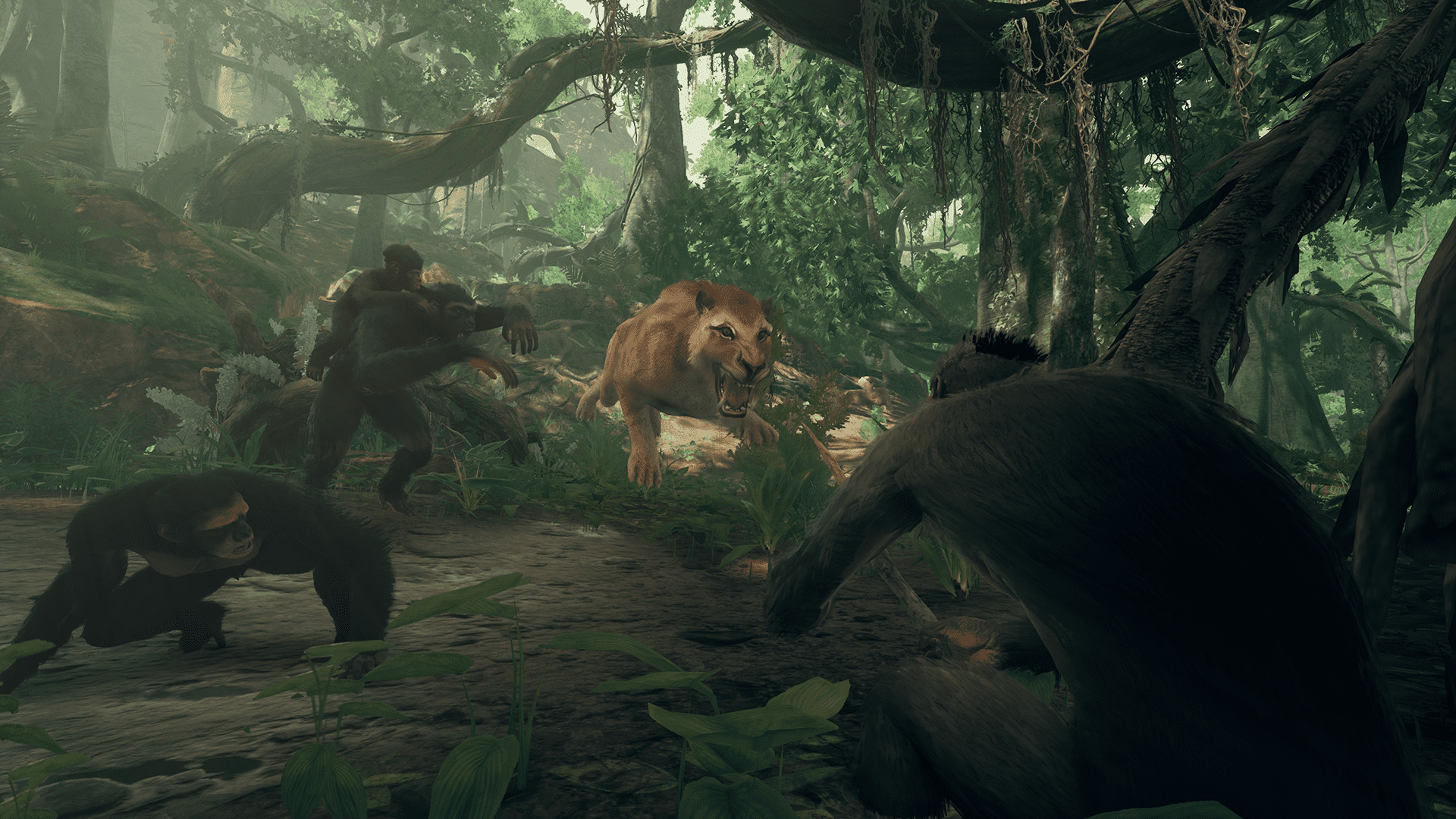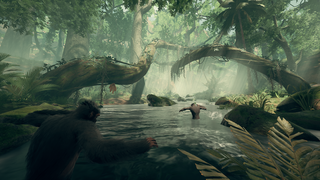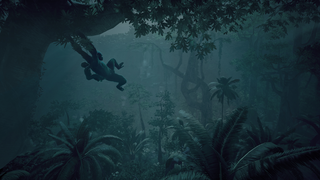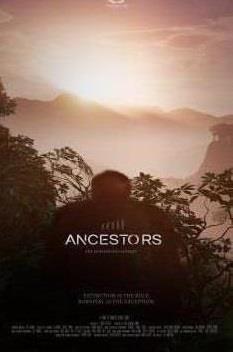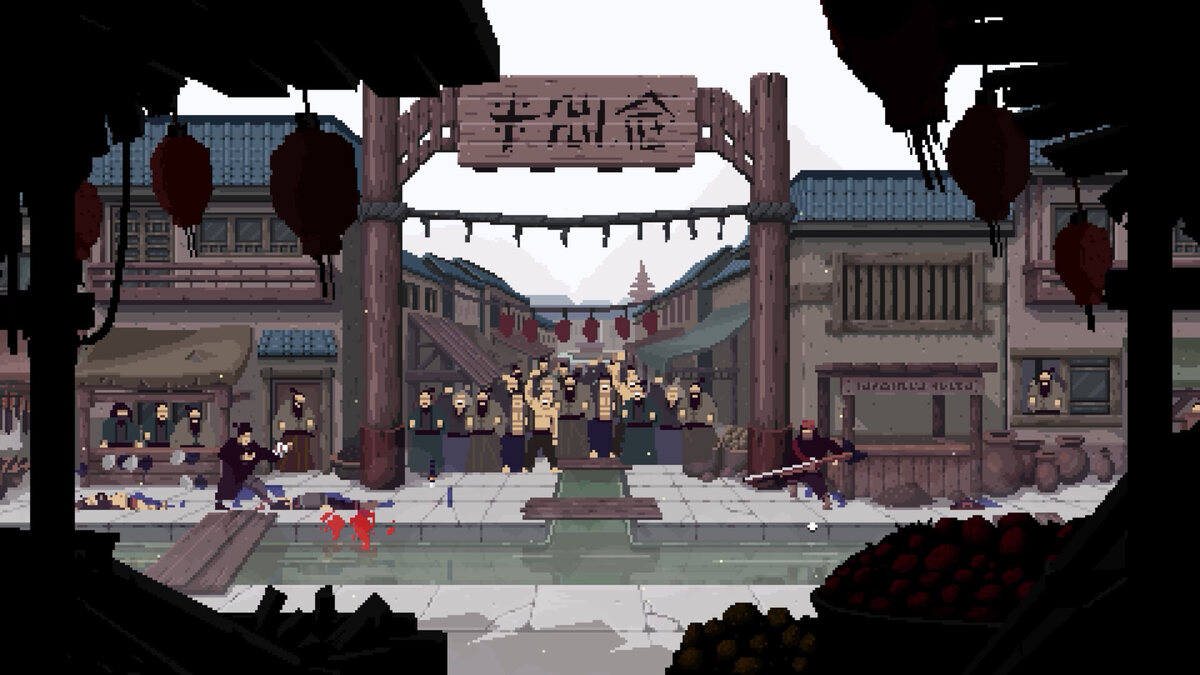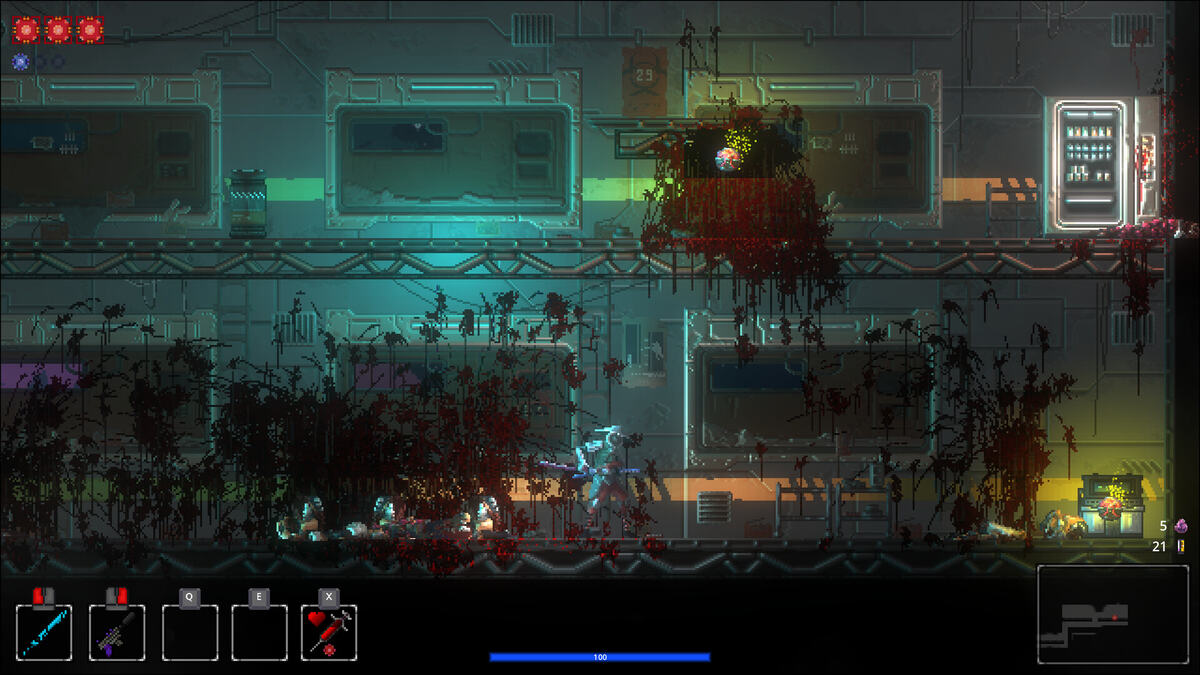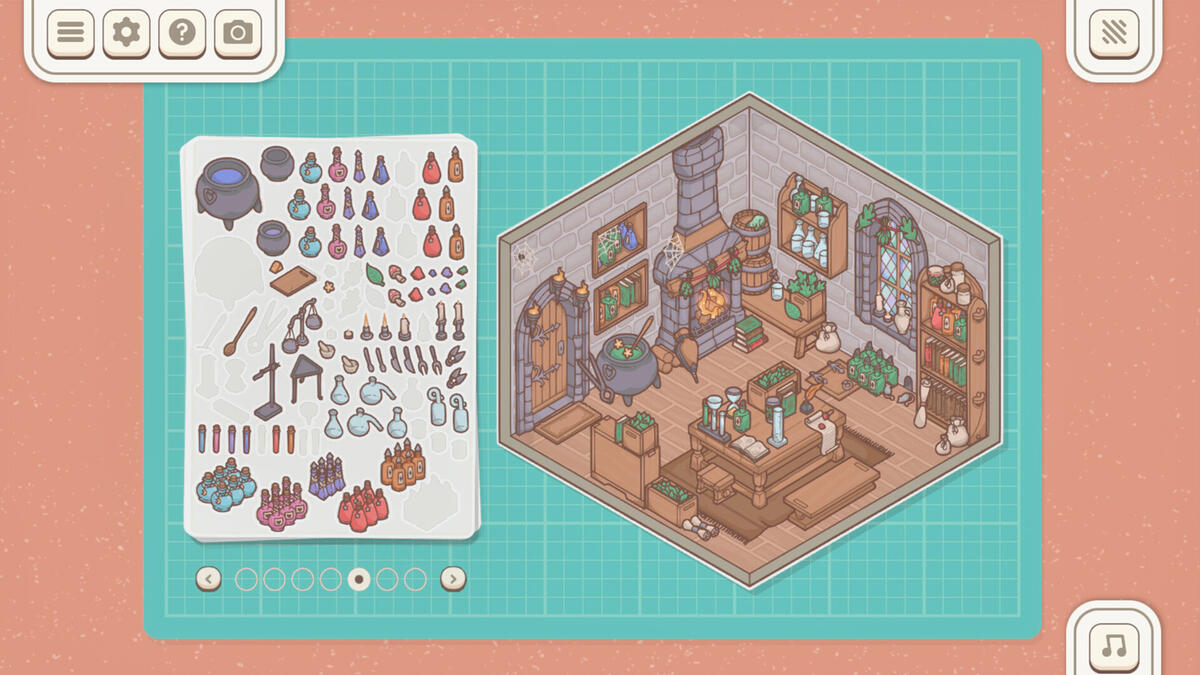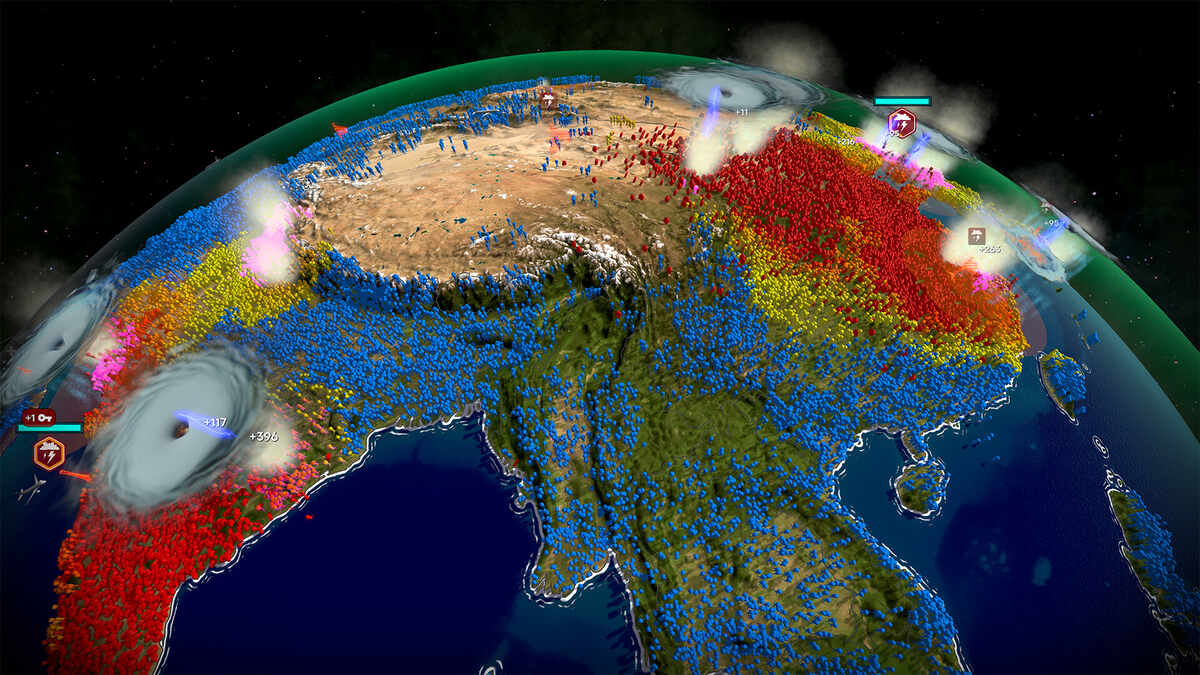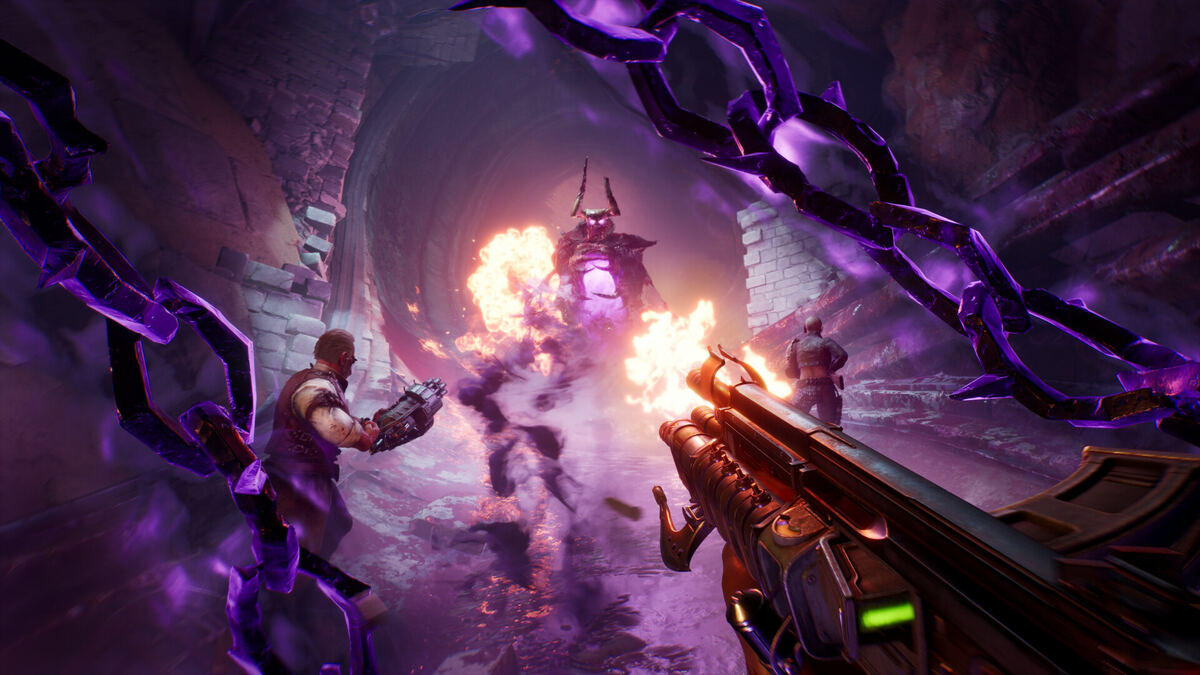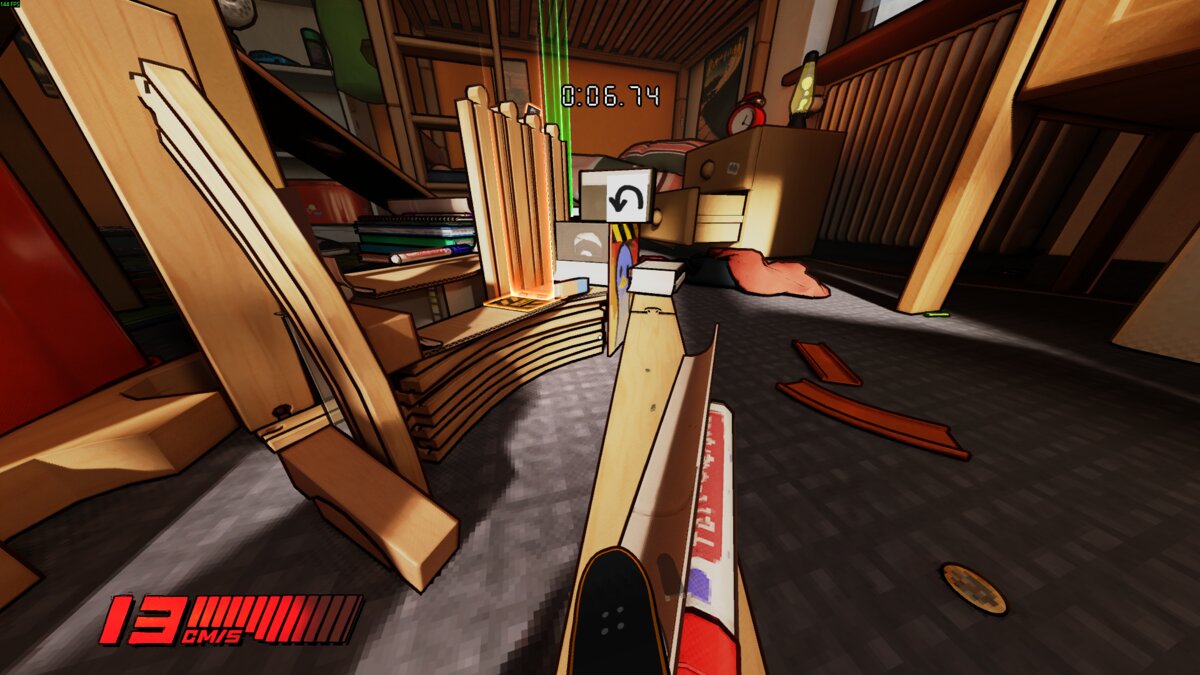You can trust VideoGamer. Our team of gaming experts spend hours testing and reviewing the latest games, to ensure you're reading the most comprehensive guide possible. Rest assured, all imagery and advice is unique and original. Check out how we test and review games here
Up until this point Ancestors: The Humankind Odyssey has been a bit of an enigma. All we’ve really known about it up to this point is that Assassin’s Creed creator Patrice Désilets is at the helm, and you play as an ape. That mystery is in the make-up of the game. It’s all about exploration, curiosity, experimentation. ou step into the figurative shoes of our ancestors some 10 million years ago in Africa and try to figure shit out. That’s no exaggeration either: you are thrown into a large and dangerous jungle and have to figure everything out yourself. And I mean everything. From what is safe to eat, how to make a bed, how to expand your clan: everything..
In perhaps the most simplest of terms, Ancestors is an open-world survival game where the goal is to expand your monkey family and ultimately evolve the species. To put it in a box as such would be a touch misleading, though; Ancestors is a bit more experimental than that. Open-world survival games such as Ark come with blueprints, maps, navigation tools, and an aim to introduce you to the basics. Ancestors does none of that, almost to a fault at times. In fact, the game readily admits that in its opening sequence by saying 'Good luck, we won’t help you much.'
Except for the real basics, like movement and the abilities at your disposal, the game is very much about trial and error. From a purely simplistic standpoint, all you need to do in Ancestors is survive: eat, drink, sleep. But what you really need to do in Ancestors is evolve, grow, and forge your own path – something the game’s opening tells you to do very early on.
That trial and error, however, can be a tad frustrating at times.
Survival games tend to bog you down with layer upon layer of inventory management and resource gathering, whereas Ancestors just requires you to be aware of what’s in your left and right hand. That’s it. That system extends into the crafting as well, but that’s where it also gets a tad convoluted. From what I saw, if you want to use an object in a particular way, it needs to first be placed in the correct hand. So, if you want to take the little twigs off a stick, for example, you have to move it from your right hand to your left hand, because you can’t strip the stick using your left hand — at first, at least. Your character will learn how to use both hands over time.
Sometimes the logic of the game is a bit skew-whiff and not in keeping with modern-day logic. For instance, I was attacked by a huge eagle, who had wounded me, causing me to bleed. My logic said that I had to make a bandage or a poultice of some kind to stop the bleeding, but the game’s logic was I had to strip a fern-like plant and smash it with a rock to create a paste to address the wound. This had to be explained to me by one of the developers, because I probably would’ve never figured that out if I’m being completely honest.
Ancestors isn’t all guesswork, you’ll be glad to hear. You have two major abilities as an ape that you can use to your advantage: your senses, which allow you to detect sounds around you; and your intelligence skill, which allows you to detect key objects in your vicinity, whether that’s friendly primates you can potentially recruit to your growing clan, plants you can eat, sticks you can repurpose, landmarks and so on.
As you start to understand the mechanics, Ancestors can start to come into its own a little. You learn that certain foods in the world can poison you, you get to grips with the swinging mechanics, and understand what you need to do to heal broken bones. You figure out how to make a bed by piling up ferns, you grasp how to strip branches to make primitive weapons and discover how to lure prey towards predators when you need to take the heat off of you. There’s a lot to Ancestors: The Humankind Odyssey, but it’s left for you to discover, which might put a lot of people off.
As a primate, it’s your job to keep your clan alive, allow it to grow, to flourish. That means mating and bonding with your clan is a must; you can even take control of other members and take them into the wild should you so wish. In Ancestors you are not a singular ape, you are your lineage. By interacting with a fellow ape in your clan you can command them to follow you, mate with them, take control of them and once you’ve evolved enough, command them all to follow you, should you wish to relocate your camp. Every evolution of your lineage goes from one generation to the next, too, something that is mapped out by the game’s Neuronal Development section, which effectively maps your lineage’s neural pathway development, so once you’ve learned a particular skill, you’ll pass it onto the apes that come after you.
As it stands, Ancestors is an interesting concept, one that could definitely do with a little more refinement and polish in the coming months. It could honestly do with a touch more guidance too, but only a touch, as otherwise that would defeat the purpose of the game. It’s worth remembering, too, that Ancestors is effectively an indie title, built by 35 people and not the 800 or so that worked on Assassin’s Creed during Désilets’ time at Ubisoft. Ancestors looks like a game that will live or die by its community should they get together to figure stuff out, which is somewhat in keeping with the themes of the game. Help the community, or die trying.
Ancestors: The Humankind Odyssey is scheduled to launch in 2019 on PC, Xbox One and PlayStation 4.
